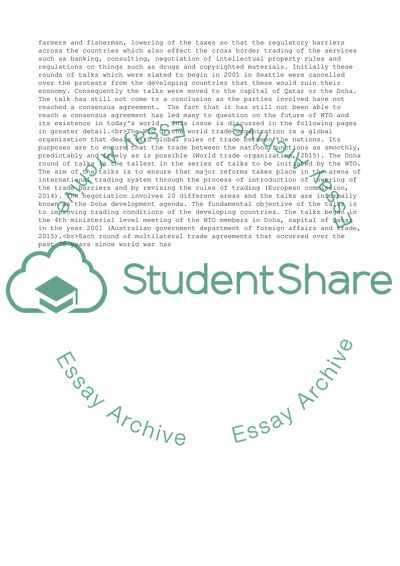Cite this document
(International business Essay Example | Topics and Well Written Essays - 4000 words - 1, n.d.)
International business Essay Example | Topics and Well Written Essays - 4000 words - 1. https://studentshare.org/business/1874725-international-business
International business Essay Example | Topics and Well Written Essays - 4000 words - 1. https://studentshare.org/business/1874725-international-business
(International Business Essay Example | Topics and Well Written Essays - 4000 Words - 1)
International Business Essay Example | Topics and Well Written Essays - 4000 Words - 1. https://studentshare.org/business/1874725-international-business.
International Business Essay Example | Topics and Well Written Essays - 4000 Words - 1. https://studentshare.org/business/1874725-international-business.
“International Business Essay Example | Topics and Well Written Essays - 4000 Words - 1”. https://studentshare.org/business/1874725-international-business.


